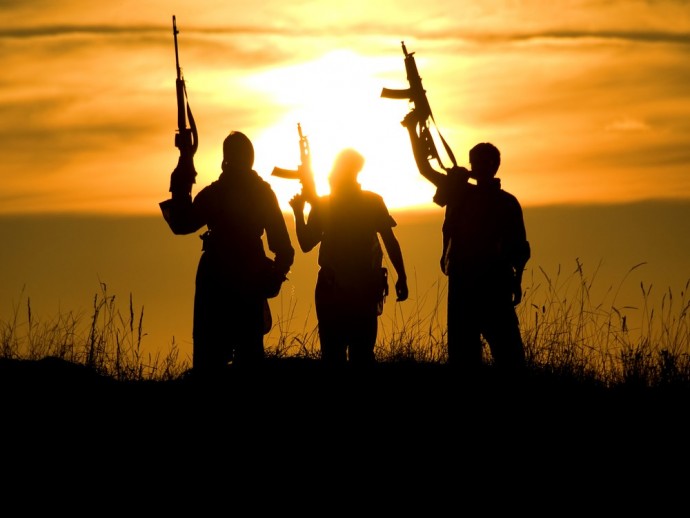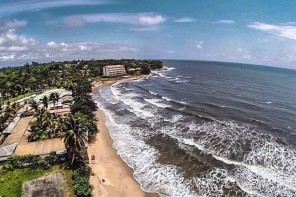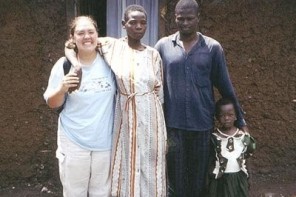Former British Prime minister, Tony Blair once said, “This mass terrorism is the new evil in our world today.” It is a glaring vice that one cannot ignore anymore, whichever country one hails from.
Most recently, on the morning of January 15th 2016, Kenyans received news that Al Shabaab had attacked an African Union Mission in Somalia (Amisom) base in El Adde and had inflicted heavy losses on the Kenya Defence Forces.
Kenyans are still reeling under the surprise attack that occurred right on the heels of the new year celebrations. Army wives are crying to the government to release information on their husbands. The Commander-in-Chief of the armed forces, President Uhuru Kenyatta has become Comforter-in-Chief, bravely declaring that Kenya remains unbowed in the face of the attacks and firmly asserts that the defence forces shall not withdraw from Somalia.
As I flipped through the papers the days following the attack and watched TV clips of the president’s address, I could not help but remember past instances that reflected our current state of affairs: the Westgate attack in 2012 and the Garissa University attack in 2015. And from those two events, I knew one thing for sure, Kenyans would return to their daily lives sooner or later with the horror of the attacks a vague and unpleasant nightmare to be forgotten.
The thing that everyone does not immediately realise is the economic effects later experienced in such countries after an attack. If even the US with its widely diversified economy still suffered economy-wise after the 9/11 attacks, what about African countries and other developing nations?
Most affected by this unrest is Kenya’s tourism sector. Research done by Stanford University reported that with about one million visitors per year, international tourism contributes 10% of Kenya’s foreign exchange. The tourism industry in Kenya is the third most important sector in the economy, accounting for nearly 12% of its GDP. Ironically enough, this was exacerbated by international media. Just as President Obama was about to land in the country late last year, CNN dubbed Kenya as a ‘hot-bed of terror’. Even though they later came out with a formal apology, this did not have any positive effects.
As countries occupying the same earth, we cannot afford to be divided as it is a sign that the rebel forces are winning, inch by inch chipping away at our trust in each other and the economic downturn is devastating. Investors shy away from these countries, their labour force is diminished as the body count grows, millions go down the drain to fight the terrorists and so on and so forth. As a whole the cost of terrorism to the world was $52.9 billion in 2014, the highest since 2001, according to the World Economic Forum.
It is a self-defeating system we live in. The only solution is unity. The world cannot blame these countries for the attacks and therefore impede their economic growth. As long as the terrorists witness our unwillingness to bend under the weight of their mass killings, we have a chance of winning the fight. Africa especially cannot afford anymore setbacks in her growth any longer.
Granted Kenya has recovered and the signs prior to the terror attacks were that the industry was over the worst, with the Kenya Tourism Board projecting a growth of 10% for the next four years. The US and other developed countries have a history of aiding afflicted countries. We should continue in this light if we want to see a positive change.





